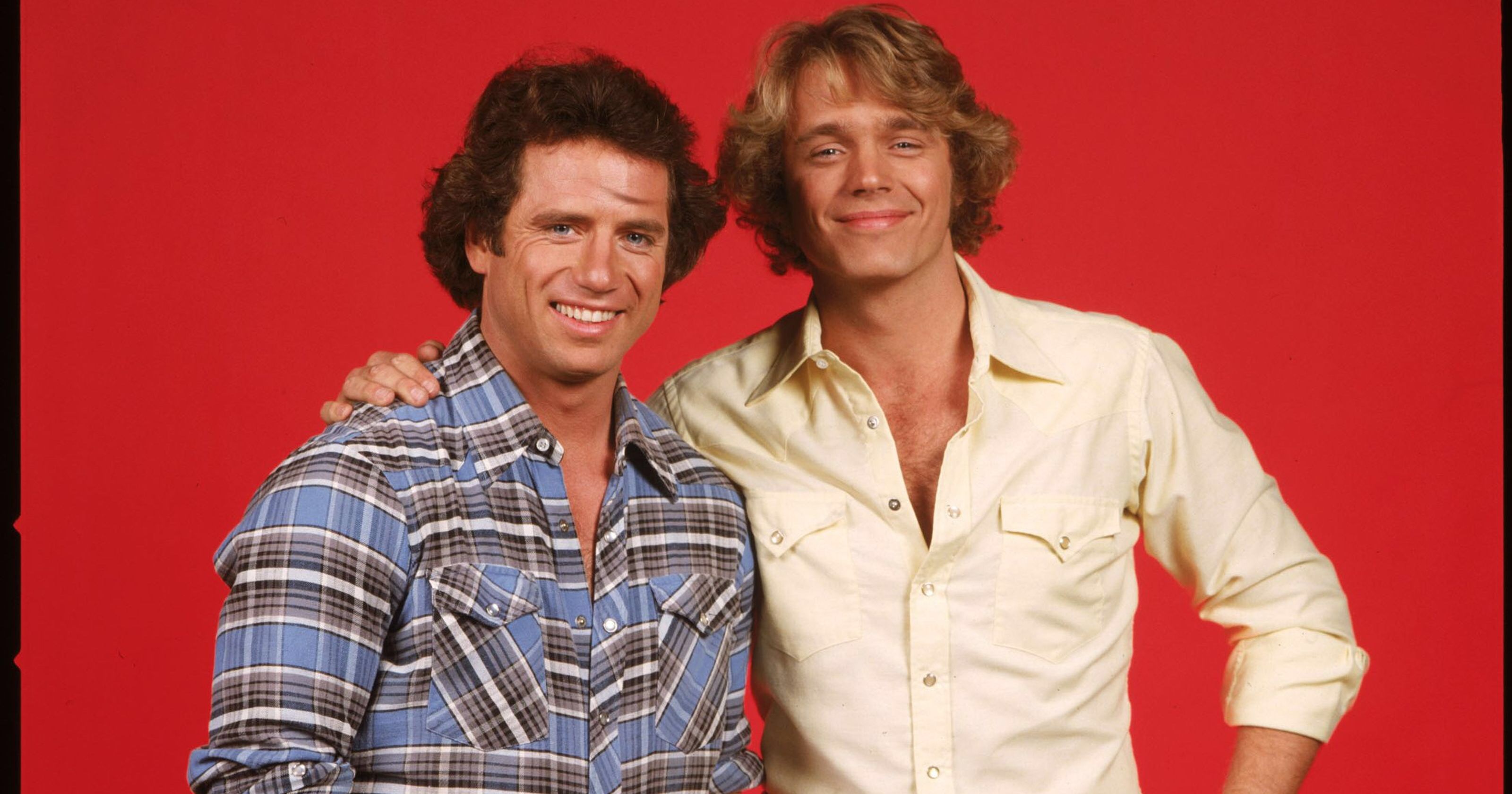The following is the text of my homily delivered at Revoice 19 in St. Louis, MO, on Saturday, June 8, 2019.

Genesis 4:1-16
1 Adam made love to his wife Eve, and she became pregnant and gave birth to Cain. She said, “With the help of the LORD I have brought forth a man.” 2 Later she gave birth to his brother Abel. Now Abel kept flocks, and Cain worked the soil. 3 In the course of time Cain brought some of the fruits of the soil as an offering to the LORD. 4 And Abel also brought an offering—fat portions from some of the firstborn of his flock. The LORD looked with favor on Abel and his offering, 5 but on Cain and his offering he did not look with favor. So Cain was very angry, and his face was downcast.
6 Then the LORD said to Cain, “Why are you angry? Why is your face downcast? 7 If you do what is right, will you not be accepted? But if you do not do what is right, sin is crouching at your door; it desires to have you, but you must rule over it.”
8 Now Cain said to his brother Abel, “Let’s go out to the field.” While they were in the field, Cain attacked his brother Abel and killed him.
9 Then the LORD said to Cain, “Where is your brother Abel?” “I don’t know,” he replied. “Am I my brother’s keeper?”
10 The LORD said, “What have you done? Listen! Your brother’s blood cries out to me from the ground. 11 Now you are under a curse and driven from the ground, which opened its mouth to receive your brother’s blood from your hand. 12 When you work the ground, it will no longer yield its crops for you. You will be a restless wanderer on the earth.”
13 Cain said to the LORD, “My punishment is more than I can bear. 14 Today you are driving me from the land, and I will be hidden from your presence; I will be a restless wanderer on the earth, and whoever finds me will kill me.”
15 But the LORD said to him, “Not so; anyone who kills Cain will suffer vengeance seven times over.” Then the LORD put a mark on Cain so that no one who found him would kill him. 16 So Cain went out from the LORD’s presence and lived in the land of Nod, east of Eden.
It would seem to the modern reader that everything is well and good in this scenario. It seems to this modern reader that not much has changed in the way siblings treat one another. Each brother has a focus in his work, each brings to the Lord a portion of the results of his labor. There’s some teamwork going on, there’s no indication in the text that there’s sibling rivalry.
Yet God does not look on Cain with favor. What does Cain do? He doesn’t examine his own heart, make changes to himself or to his sacrifice. He doesn’t fix the problem. He takes it out on Abel, the brother he thinks is making him look bad. After all, we look pretty good when there’s no one around to compare us to. But solitude is not the solution to an unacceptable heart.
In Matthew chapter 23, Jesus is addressing the leaders of the Jewish people, and he invokes Abel’s name in reference to righteous blood sacrifices of those past prophets whose righteousness before God cost them their lives before their ethnic and religious brothers:
Go ahead, then, and complete what your ancestors started! “You snakes! You brood of vipers! How will you escape being condemned to hell? Therefore I am sending you prophets and sages and teachers. Some of them you will kill and crucify; others you will flog in your synagogues and pursue from town to town.And so upon you will come all the righteous blood that has been shed on earth, from the blood of righteous Abel to the blood of Zechariah son of Berekiah, whom you murdered between the temple and the altar.
Truly I tell you, all this will come on this generation. “Jerusalem, Jerusalem, you who kill the prophets and stone those sent to you, how often I have longed to gather your children together, as a hen gathers her chicks under her wings, and you were not willing.”
In this passage, Jesus prophecies the end of himself and his disciples— as righteous blood sacrificed on the alter of comfort and tradition and self-righteousness. How often today do we sacrifice our brothers and sisters on the alters of comfort and convenience and nuance and linguistics? How often do I post a zinger to Twitter or Facebook, only to respond to the immediate conviction by asking, “Am I my brother’s keeper? Look, Lord, he brought that on himself…”
Throughout Scripture, Abel’s name is synonymous with faith. He is the illustration presented by Jesus himself of one who sacrificed by faith, only to be sacrificed for his faith.
And his faith still speaks to us, lo these thousands of years later. In Hebrews, we see Abel listed first in the great Hall of Faith of Chapter 11.
Heb 11:1-4
1 Now faith is confidence in what we hope for and assurance about what we do not see. 2 This is what the ancients were commended for. 3 By faith we understand that the universe was formed at God’s command, so that what is seen was not made out of what was visible.
4 By faith Abel brought God a better offering than Cain did. By faith he was commended as righteous, when God spoke well of his offerings. And by faith Abel still speaks, even though he is dead.
But is Abel our example? Are we to be faithful to the point of death, just like Abel? Oh, no, says the author of Hebrews later in chapter 12. Abel is a type, one who points to THE faithful sacrifice.
Heb 12:22-24
22 But you have come to Mount Zion, to the city of the living God, the heavenly Jerusalem. You have come to thousands upon thousands of angels in joyful assembly, 23 to the church of the firstborn, whose names are written in heaven. You have come to God, the Judge of all, to the spirits of the righteous made perfect, 24 to Jesus the mediator of a new covenant, and to the sprinkled blood that speaks a better word than the blood of Abel.
Abel’s sacrifice was acceptable because of his faith. Cain’s was unacceptable because it wasn’t what God asked for. Cain wanted to do it his way. How often, when I want things my way, do I betray both Father and brother? How often do you seek first your kingdom, hoping God will bless it along the way?
Cain asks God, “Am I my brother’s keeper?” And throughout the rest of the Bible, we see the Lord answer, “Yes, Cain, my people keep one another.”
Joseph keeps his brothers in time of famine, even though they wanted to kill him, but instead showed him mercy by selling him into slavery.
Ruth and Naomi keep one another beyond the requirements of the law. Ruth and Boaz are King David’s grandparents. I can only imagine the loyalty and care he saw growing up.
A loyalty beyond family that led to him cutting a covenant with Jonathan that was stronger than life, one that he fulfilled by taking in Jonathan’s disabled son and treating him as better than family for the remainder of his life.
Samson kept his people from the Philistines by sacrificing himself to ensure the destruction of their enemies.
Queen Esther kept her people from destruction by risking her own life before King Ahashueras, in order to beg for their lives.
Nehemiah kept the nation of Israel by asking King Artaxerxes for his blessing to return to the promised land and rebuild the City of God.
We see it lived in the life of the One who still sits on the throne, who had a tender friendship with one so trusted that Jesus left his mother to John, who in turn cared for Mary for the remainder of her years. As we see in Proverbs, “One who has unreliable friends soon comes to ruin, but there is a friend who sticks closer than a brother.”
That One, the god-man Jesus, told his disciples the night before his crucifixion, “If you keep my commands, you will remain in my love, just as I have kept my Father’s commands and remain in his love. I have told you this so that my joy may be in you and that your joy may be complete.
My command is this: Love each other as I have loved you. Greater love has no one than this: to lay down one’s life for one’s friends. You are my friends if you do what I command.”
His command is not to know the Law. Not to protect the Law from those who seek to water it down. He doesn’t command us to be theological gatekeepers, determining for ourselves and for one another who’s in and who’s out, who’s right and who’s wrong. The Lord is our defender, and I don’t think He needs our help defending Himself. But He show us by his words and His actions, that He expects us to be the keepers and defenders of those who are weaker than us.
I particularly appreciated a tweet from Carlos Rodriguez who recently pointed out, in reference to the woman caught in adultery who was brought to Jesus in John chapter 8:

Jesus commands us to love one another as He has loved us, which means overlooking a multitude of sins in order to show a better way. Does this mean we throw out the Law and simply live by love, whatever that means? In the words of the Apostle Paul, may it never be so!
But Jesus and Paul are both infinitely more confident in the work of the Holy Spirit than in any work we can do. They know that as we put one another ahead of ourselves, as we keep the weak and lonely and marginalized, as we protect the widows and orphans, as we lift up the weak and the weary, bearing one another’s burdens, we will keep the Law. After all, love and obedience are the Spirit of the law. But just as the Pharisees were often confounded by Jesus’ treatment of the Law, perhaps we struggle because Jesus doesn’t respond in the ways we expect him to respond.
Perhaps keeping our brothers and sisters means we overlook disagreements in secondary or tertiary theological points, continually returning to the Gospel as our plumb line and unifying belief.
Perhaps keeping our brothers and sisters means speaking up for those who are marginalized in our places of worship, welcoming them in instead of asking them to first conform to our standards of behavior or appearance or terminology or theology.
Perhaps keeping our brothers and sisters simply means getting out of our comfort zones and doing something completely unheard of, for the sake of chasing someone down with the love of Christ. Perhaps we simply meet needs and love well and let the Holy Spirit convict people, walking through it with them and guiding as needed.
Perhaps keeping our brothers and sisters means you don’t take the bait in a Twitter war and instead DM that person with an invitation for coffee or a phone call.
___________________________________
I’m the oldest of 15 siblings, counting the foster kids who came through my parents’ house over the years. And being my siblings’ keeper often meant meeting needs— keeping them safe, mediating discord, keeping them clean and fed, comforting them when they were hurt, making sure they didn’t die. Today, keeping our siblings means we have each other’s backs when hard times come up. We offer advice as peers, not rivals; we seek the best for one another and for our offspring. We call one another out, but we will FIGHT someone who comes against one of us unfairly.
How does that look in your life? Who are you keeping? For some of us, the more important question is: Who is keeping you? Who are the friends willing to lower you down before the Savior of the world so he can heal your body and your soul?
Who looks out for you in the struggle of this world? Who helps you bear your burdens so you walk in the truth that Jesus’ yoke is easy and his burden is light?
This is how the prophet Isaiah described being a keeper and not being a keeper in the first chapter of his prophecy:
Stop bringing meaningless offerings! Your incense is detestable to me. New Moons, Sabbaths and convocations— I cannot bear your worthless assemblies. Your New Moon feasts and your appointed festivals I hate with all my being. They have become a burden to me; I am weary of bearing them.
When you spread out your hands in prayer, I hide my eyes from you; even when you offer many prayers, I am not listening. Your hands are full of blood!
Wash and make yourselves clean. Take your evil deeds out of my sight; stop doing wrong.
Learn to do right; seek justice. Defend the oppressed. Take up the cause of the fatherless; plead the case of the widow.
“Come now, let us settle the matter,” says the LORD. “Though your sins are like scarlet, they shall be as white as snow; though they are red as crimson, they shall be like wool.
I imagine the Lord still begs us today to put down the trappings of religion in exchange for picking up the keeping of people in our own neighborhoods.
Singer/songwriter Rich Mullins penned a song entitled Brother’s Keeper, and the chorus goes like this:
And I will be my brother’s keeper
Not the one who judges him
I won’t despise him for his weakness
I won’t regard him for his strength
I won’t take away his freedom
I will help him learn to stand
And I will, I will be my brother’s keeper
May this be our commitment to one another, that we will indeed be our brothers’ and sisters’ keepers, helping one another along this pilgrim road to the Promised Land. And may we continually hear the blood of Abel crying out for the righteous, that we may never grow callous toward those who need to be kept, because, in reality, those who need keeping are each and every one of us.



 John 6
John 6
 Thought experiment (in case you’ve ever wondered, “What in the world is she thinking???” Here ya go.):
Thought experiment (in case you’ve ever wondered, “What in the world is she thinking???” Here ya go.):


